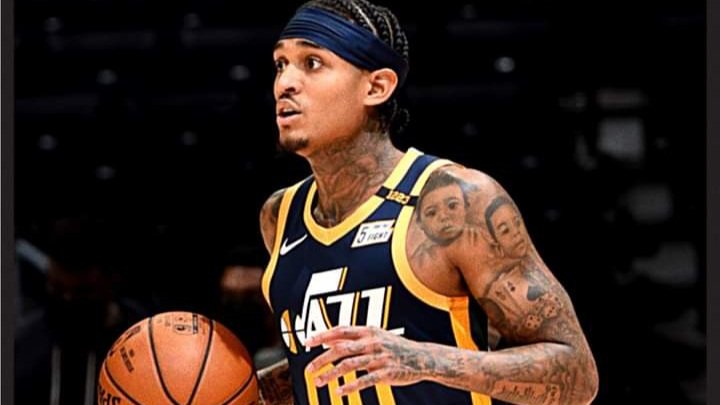Kirsty Coventry has emerged victorious as the 10th president of the International Olympic Committee (IOC), marking a historic milestone as the first woman, first African, and youngest candidate to hold the role. She secured 49 out of 97 votes in the first round, an outcome that many Olympic observers had deemed unlikely.
Her election was widely expected following former IOC president Thomas Bach’s endorsement, but the scale of her first-round victory suggests broader support beyond just his backing. Juan Antonio Samaranch finished second with 28 votes, while the other candidates trailed far behind.

Why Coventry won in a landslide
Coventry’s decisive victory can be attributed to several factors. Her candidacy came at a time of shifting dynamics within the Olympic movement, particularly regarding the role of international federation presidents in the election process. Four of the seven candidates were heads of international sports federations, holding ex officio membership in the IOC. Historically, this status was meant to be temporary and prevent them from running for IOC president, but a shift in interpretation this year allowed their candidacies.
However, their strong presence may have created unease within the IOC. While these leaders brought significant expertise, their election could have disrupted the current Olympic structure. Ultimately, IOC members appeared to favor stability, opting for Coventry, who was already an influential figure within the committee.
The impact of Coventry’s leadership
A former Olympic swimmer and multiple-time medalist, Coventry has consistently emphasized her adherence to the Ubuntu philosophy, which prioritizes collectivism over individualism. Her leadership style will be tested in an environment where power is often concentrated among a few decision-makers.
Another factor in her election was age. The IOC imposes a retirement limit of 70 years, which made electing an older candidate potentially problematic. Coventry’s win reflects a broader push for fresh perspectives within the committee while also signaling progress in gender and regional representation.
Despite the overwhelming support she received, Coventry faces significant challenges. As she has noted in past interviews, success in Olympic leadership requires adaptability in unpredictable circumstances. How she navigates these challenges will determine whether her presidency brings meaningful change or maintains the status quo.



